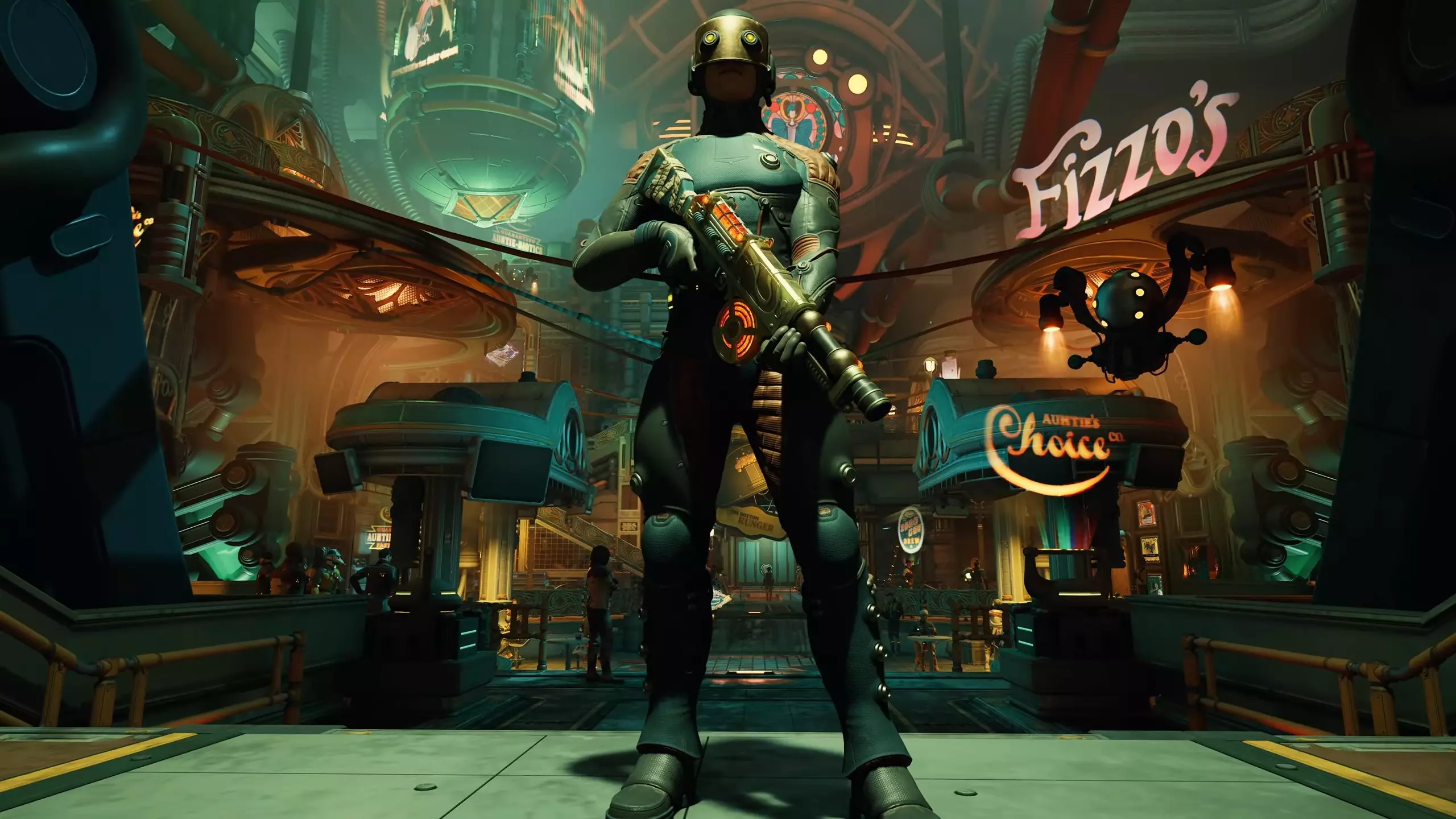In an industry teeming with expansive role-playing games (RPGs) that often prioritize pleasing as broad an audience as possible, Obsidian Entertainment’s *The Outer Worlds 2* is poised to take a bold and unconventional route. Game director Brandon Adler articulates a philosophy that might irk the more casual gamer: the belief that catering to niche audiences, rather than the lowest common denominator, is essential for crafting an authentic gaming experience. This ethos not only determines how the game is structured but fundamentally challenges the players on a deeper level to engage meaningfully with their choices.
Adler’s firm stance against respec options starkly contrasts with industry conventions. Many modern RPGs allow players the flexibility to reassess and modify their character builds, thereby diminishing the weight of choice. Yet Adler argues that such flexibility erodes the very essence of what it means to role-play. Choices, in his framework, should be meaningful and reflect a commitment to the character’s development over time. “Your choices matter, and they matter permanently,” he emphasizes, hoping to instill a sense of accountability and engagement within players.
The Power of Permanent Choices
One of the most significant features Adler highlights in *The Outer Worlds 2* is its New Vegas-inspired perk system, which encourages players to craft eccentric and inventive character builds. He believes that gaming should be a reflection of the player’s decision-making process, stating that by removing flexibility, players will likely invest more thought and care into their choices. The absence of respec options invites disputes within itself; some gamers may relish the challenge, while others may find the constraints frustrating. This divergence leads to an intriguing paradox – authenticity versus accessibility.
The reality is that providing players the ability to reshape their characters at any moment could overshadow the rigorous process of role-playing. With respec capabilities, a player might flit between archetypes and abilities, resulting in a less engaging experience. Adler’s vision seeks to cultivate a heightened sense of responsibility where every decision holds weight. He argues that when players recognize the permanence of their choices, the stakes become exponentially higher, ultimately leading to more immersive storytelling.
A Different Kind of Satisfaction
A significant component of Adler’s philosophy is the idea of respecting a player’s time, which he articulates as part of his commitment to creating a robust RPG. By framing permanent choices as a form of respect, he engages in a dialogue about the nature of player engagement. In a time where gaming often leans towards instant gratification, ensuring that every action carries consequence provides an alternative but rewarding experience. Adler acknowledges that this approach isn’t for everyone and is willing to make that distinction clear to potential players.
He openly states, “You’ve got to be clear with people early on what the experience they’re getting is.” Undoubtedly, this honesty is refreshing in a landscape rife with misleading marketing. Players who enjoy deep, meaningful decision-making will likely find solace in *The Outer Worlds 2*. In contrast, players who prefer a more casual gaming approach may feel alienated. While some may argue that exclusivity is inherently problematic, Adler defends it as essential for delivering a coherent and well-crafted game.
Bucking the Trend of Marketability
In a world where profitability is king, Adler’s view may seem risky, if not rebellious. He acknowledges that narrowing down the player base might be counterproductive in a traditional sense, yet he seems unperturbed. Creating a game that resonates on a deeper level—where role-playing becomes a true embodiment of character rather than a calculated set of statistics—holds more importance than casting a wide net. As such, the aim is not to change player mentality but rather to invite those who align with this philosophy into an immersive experience.
In a marketplace increasingly populated by games that offer duration over depth, Adler’s approach indicates a commitment to artistry over marketability. He states, “I’m also not going to make a game for literally everybody because then I feel it waters down the experience a lot.” The intent is clear; revive the spirit of genuine RPG engagement by prioritizing depth over mass appeal. In today’s gaming culture, where hybrid experiences often trump singular visions, Adler’s resolve to preserve the core principles of role-playing is not just notable—it is daring.
The philosophy behind *The Outer Worlds 2* advocates for a revival of a more significant, consequential RPG experience. By prioritizing core gameplay elements that challenge players to deeply invest in their choices, Obsidian seems ready to carve out a memorable, albeit niche, space in the gaming world.

